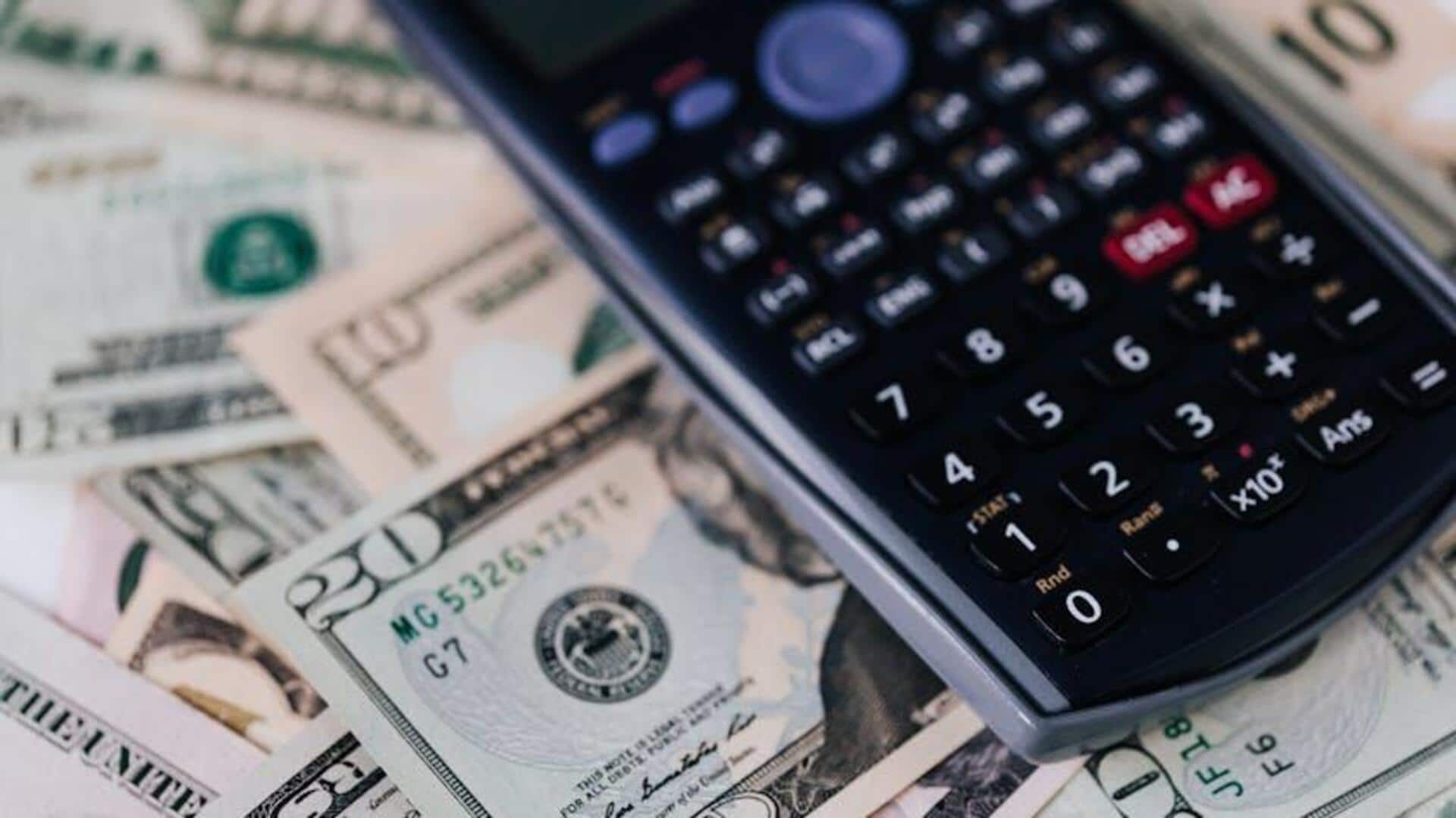
Beat bad exchange rates! Travel smarter with these pro tips
What's the story
Planning an international trip means grappling with exchange rates.
They dictate how much foreign currency you receive for your Indian Rupees (₹), and can make or break your travel budget.
This article simplifies exchange rates for Indian globetrotters, and provides tips to ensure you get the most bang for your buck.
Research
Know before you go
Before traveling abroad, always check the current exchange rate between the Indian Rupee and your destination country's currency.
A good exchange rate can significantly increase your spending power.
Sites like XE.com offer real-time exchange rate info, so you know if it's better to exchange money before departure or once you arrive.
Exchange
Timing is everything
Exchange rates are influenced by a multitude of factors such as economic indicators, market speculation, and geopolitical events.
If you see a trend where the value of ₹ against your destination's currency is getting better, you should hold off on exchanging money for a while.
On the other hand, if the trend is not so favorable, you might want to exchange at least some amount sooner rather than later.
Kiosks
Avoid airport kiosks
While changing money at the airport kiosks might be convenient, it's usually not the best deal.
Airports are known for their less favorable exchange rates and higher fees compared to other places.
You should exchange a small amount in India for initial expenses and then look for better rates in city centers or use ATMs abroad (they usually offer better rates).
Cards
Use plastic wisely
International debit and credit cards are super convenient - they work almost everywhere, and you get a decent exchange rate.
Just watch out for those sneaky foreign transaction fees your bank might charge you every time you swipe in a foreign land.
There are some cards with lower fees for travelers; get one of those if you travel a lot.
ATMs
Local ATMs are your friend
Withdrawing local currency from ATMs provides favorable exchange rates and often incurs lower fees than exchanging cash or traveler's checks.
Opt for withdrawing larger sums less frequently to avoid unnecessary fees associated with each transaction.
And, always opt to be charged in the local currency, not in ₹ when the ATM asks. This ensures you get the proper conversion rate.